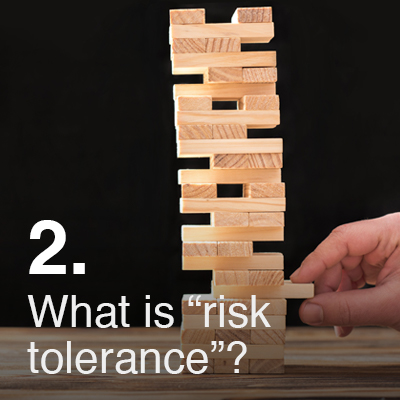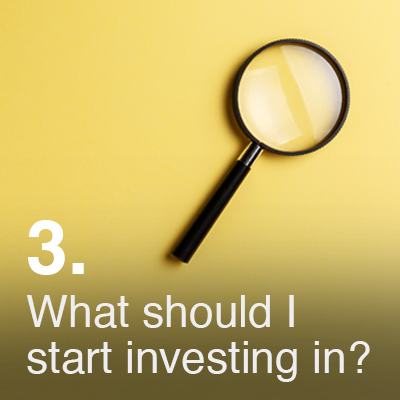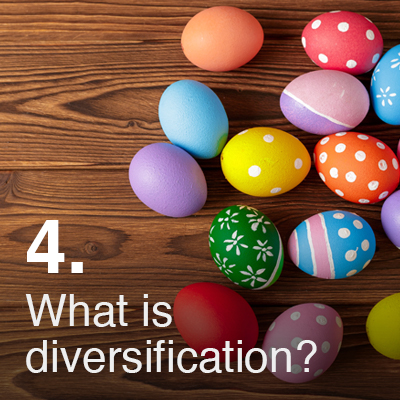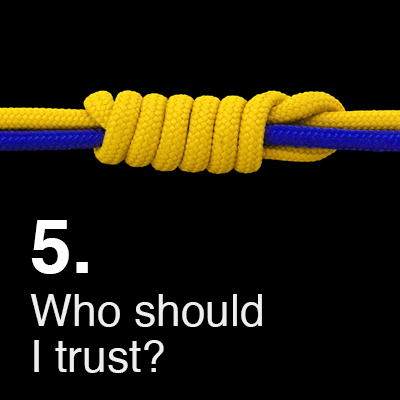
Not as much as you think! You don’t have to dip into your emergency funds or sell off family heirlooms to scrape together a large sum of money to start investing. For example, if you invest in mutual funds, you can do so with as little as ₹500 and you even have the expertise of a professional manager to manage the funds for you.
Know more about Online Mutual funds

Do your hands sweat at the thought of losing money, or does the word “risk” thrill you? Basically, risk tolerance is how much risk you are willing to take. In other words, how much money are you prepared to lose? Understanding your risk tolerance is key; if you are a conservative investor who takes on too much risk, you may end up panicking and selling your shares at the wrong time.
To find out your risk tolerance, consider your financial goals, timeline, and your personal temperament. There are also quizzes available online that can help you determine if you are a conservative or aggressive investor. Experts can also help you decide where to invest your money to match your risk appetite.
Know more about our Wealth solutions.

A wide range of products are available on the market and the ideal mix of investment products will vary from person to person, depending on risk tolerance and financial objectives. To know what’s what, start by understanding the basic products like unit trusts or mutual funds, equities, endowment plans and so on.

How many times have you been told not to put all your eggs in one basket? This proverb is especially true when it comes to investing. Imagine you only invest in ride-hailing companies. If the drivers decide to go on strike indefinitely, the shares in that sector will suffer — and the value of your portfolio will drop significantly.
A diversified portfolio (with a good mix of stocks and bonds across industries), can reduce the risk by spreading your investment across different industry sectors and geographies. If you don’t know how to diversify, one easy way is to choose a diversified mutual fund.

According to the same study, the top three sources of financial information include friends/family, websites of financial institutions/banks, and financial planners/advisers. Regardless of who you choose, make sure that the person or organisation has a good track record. It’s your money after all.
Know about our Funds Select report.
Investing is easy when you know how! Click2Chat with our financial experts at Standard Chartered Premium Banking today . We are here to help.










